How many hours a day should your heating be on? HVAC experts reveal running it for this many hours will warm your home well without sky-high bills
Stave off the cold without wasting money


Heating is not getting any cheaper. No matter how you choose to heat your home, prices are rising and winter temperatures are falling, leaving us wondering how many hours a day your heating should be on to keep us warm without eye-watering bills.
Now, HVAC experts have revealed the timing secret to staying warm without sky-high bills is setting a consistent schedule to keep your home around a comfortable 68 degrees for around 8-10 hours a day.
Here’s how they achieve an optimal schedule to make heating more efficient without suffering in the cold.
How many hours a day should your heating be on?
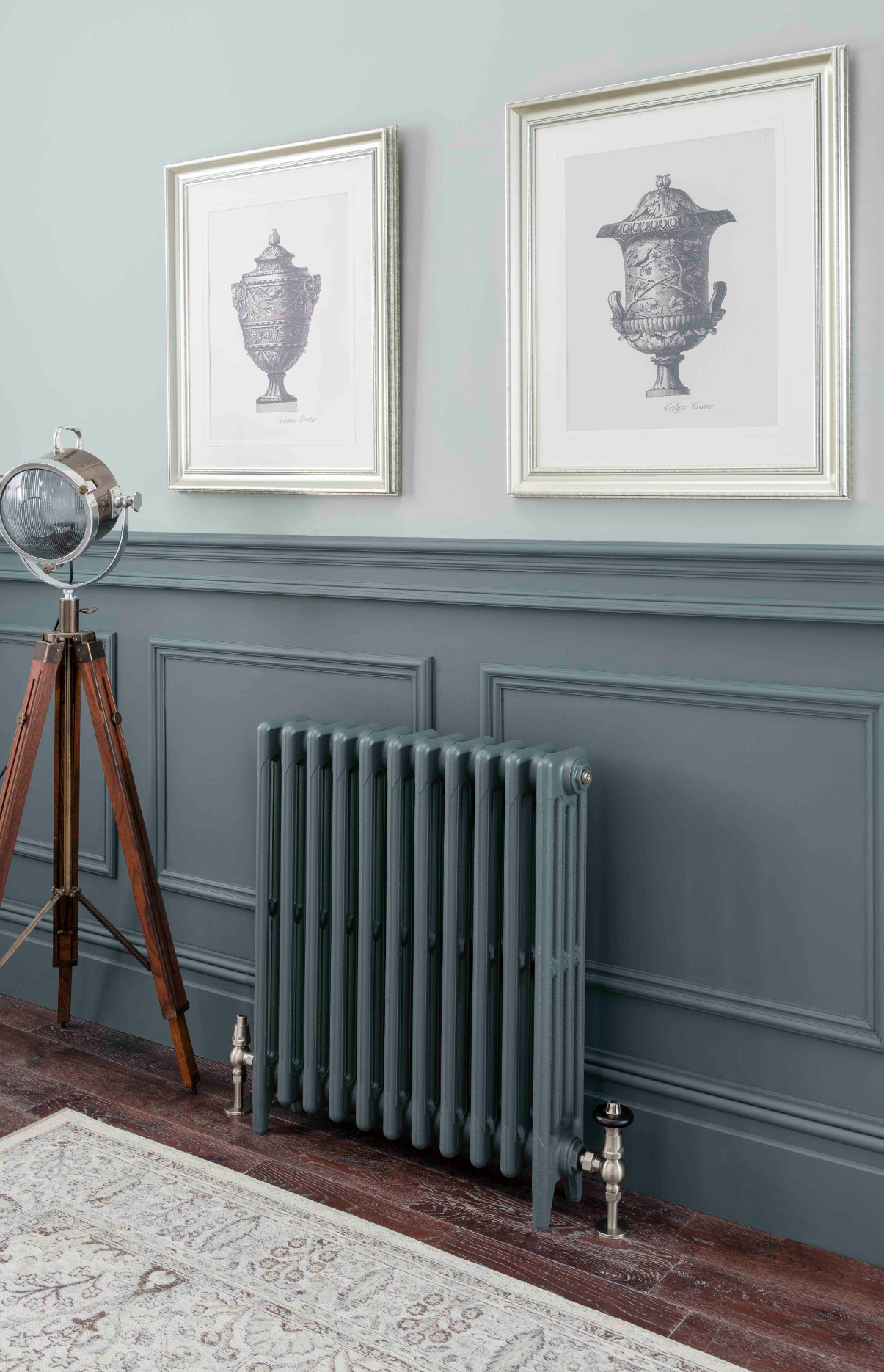
Many of us wonder if it is cheaper to leave the heating on all day, however, our pros advise you to heat your home for around eight to 10 hours per day.
Michael Morey, smart thermostat and home project manager at Trane Technologies explains, ‘The best way to save energy and costs in the winter while still maintaining a comfortable temperature in your home is to set your thermostat to 68 degrees. At 68 degrees, your heating system provides enough warmth to counteract the heat loss through windows, doors, and walls, which can contribute to significant energy loss and increase heating bills.’
Eight to ten hours should be more than long enough to achieve this, so long as you avoid some common heating mistakes that drive up bills.
Michael recognizes, however, that ‘Some homeowners need the temperature to be a little warmer, but without unnecessarily overheating the home, which could drive up energy bills fast. By dialing down the thermostat seven to 10 degrees Fahrenheit for another eight hours a day – for instance, when you’re sleeping, working from the office during the day, or when the house is vacant – you can potentially reduce your annual heating expenses by up to 10 percent.’
Design expertise in your inbox – from inspiring decorating ideas and beautiful celebrity homes to practical gardening advice and shopping round-ups.
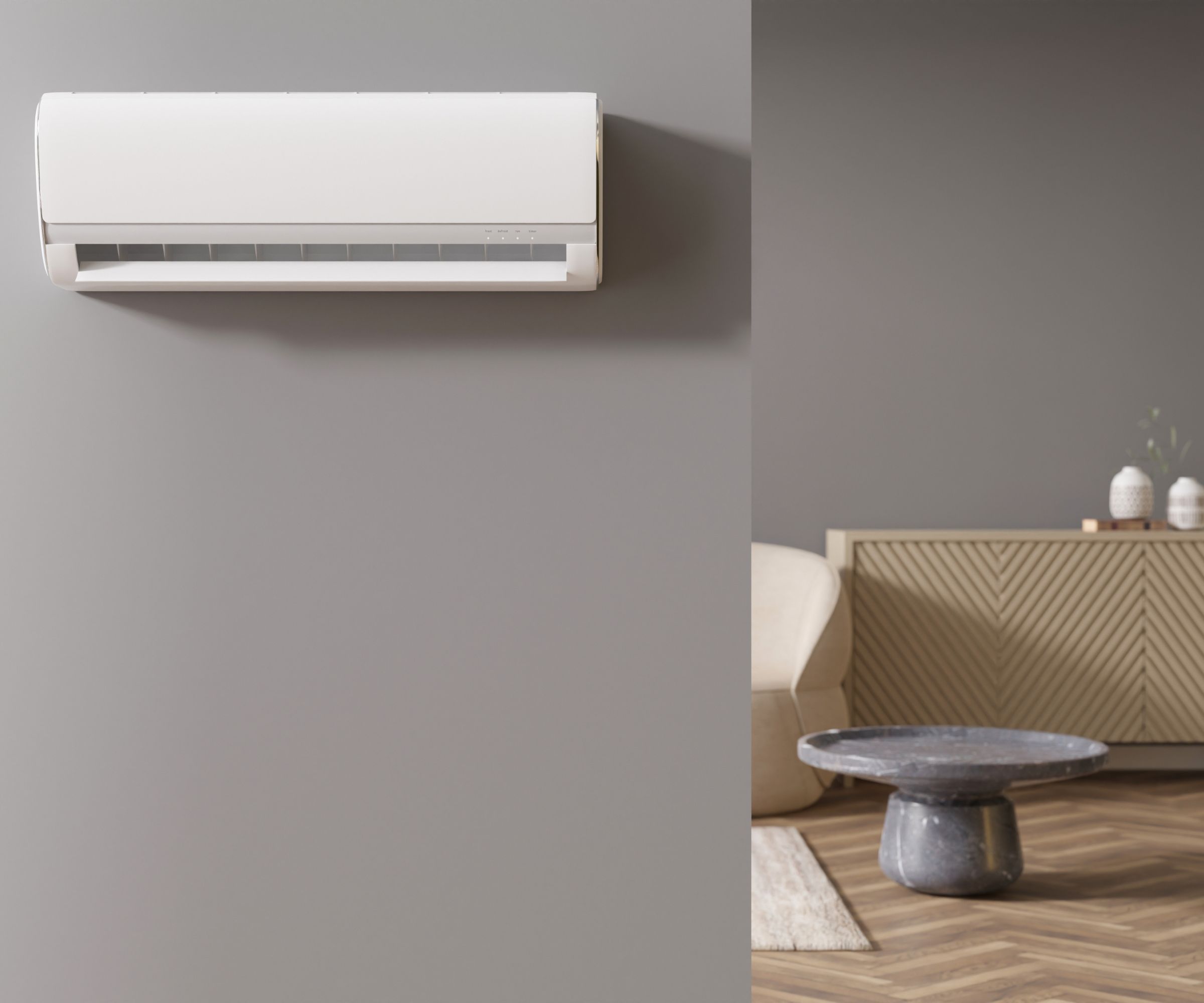
How long you leave our heating on for will also depend on your daily schedule, and whether or not you are at home all day.
James Parsons, VP of operations at Air Pros USA says, ‘Having a programmable smart thermostat set up on a schedule would be the best recommendation. You can set most programmable thermostats to have a certain temperature for when a homeowner wakes up, leaves for work, returns home, and for bed. Leaving this consistency is the best recommendation to create the most efficiency out of your heating and cooling system.’
‘Michael Moray adds, ‘If a homeowner is interested in optimizing their energy consumption further, they can upgrade to an HVAC zoning system. It divides the home into various zones so that they can be either heated or cooled separately. Each zone is controlled by its own thermostat, so homeowners can adjust the temperature in each area independently. This allows homeowners to save energy by only heating the areas of the home that need it at any given time.’
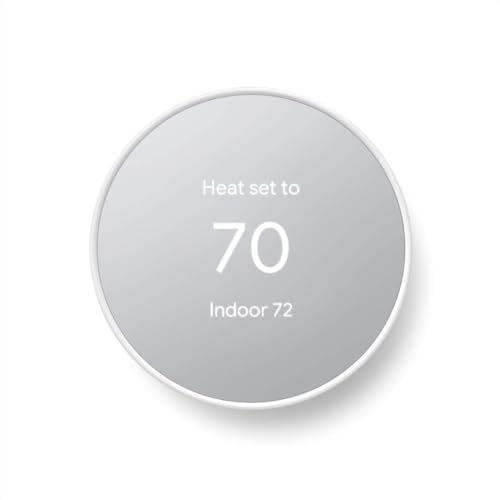
Josh Mitchell, HVAC pro at Air Conditioner Lab says, 'This is easy to use and great for people looking to monitor and control heating remotely. It also provides energy-saving suggestions based on your patterns.'
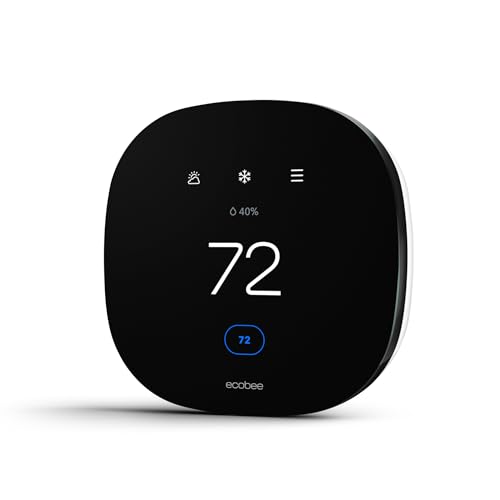
Josh rates this thermostat and says, 'This is another excellent option for smart control and energy savings. It integrates well with Alexa and other smart systems.' That includes Siri and Google Assistant. This is ENERGY STAR Certified and has a touchscreen.
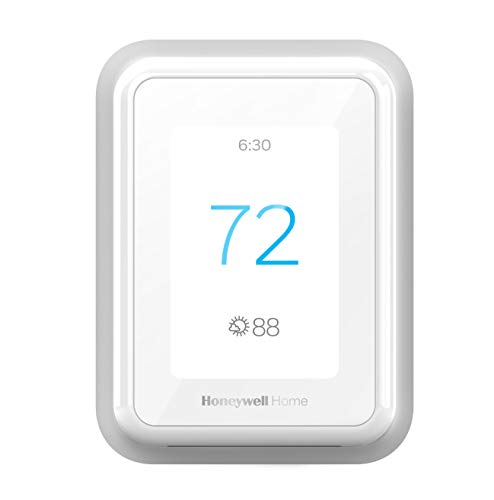
This has a touchscreen display and is compatible with Alexa. Josh recommends it and says, 'This model includes room sensors to prioritize heating in occupied areas, adding comfort and efficiency.'
If you are worried about keeping a home warm all day, there are also some insulative measures you can take to help trap warm air and minimize air transfer. Draft-proofing a home, for instance, is the quickest way to prevent cold air from seeping in. It's especially important to draft proof an entryway if the thermostat is nearby.
If you have the time and funds, checking out the best attic insulation types for your property. Insulating your attic will have a drastic impact on your home’s energy efficiency and ability to regulate temperature in both summer and winter.
A quick way to visually check if it's working well in winter is to do a visual snow test. When it snows, look at your roof. Is it covered in snow? If so, your insulation is doing a good job and not letting your home's heat escape through the roof. If it's patchy, or the snow has melted, it might a sign that it's time to replace your attic's insulation.
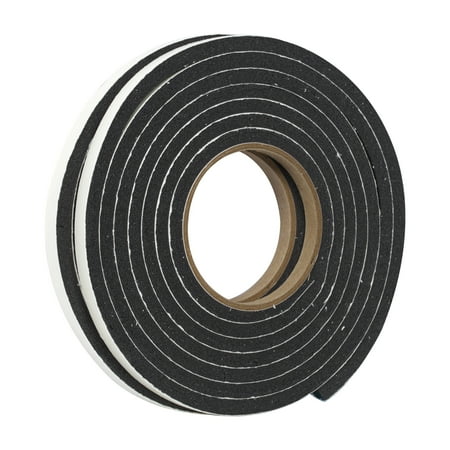
Foam weather stripping sticks to the edge of your doors and windows to block small gaps and prevent air transfer, helping to keep your home warmer for less. This helped one of our editors stop a pesky under-front-door draft.
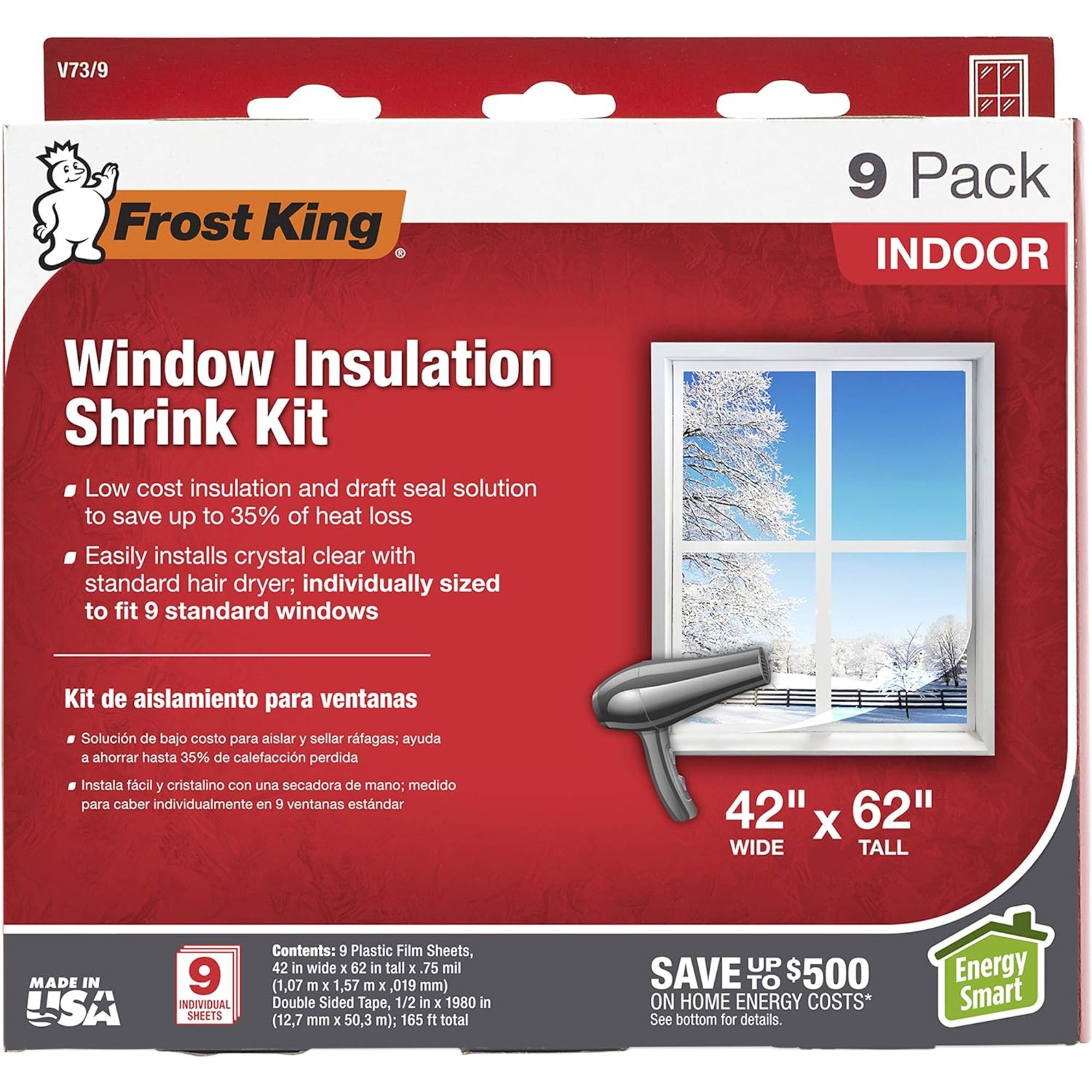
Window film adds an extra layer of insulation to windows to help keep heat in and make your home feel warmer throughout winter.
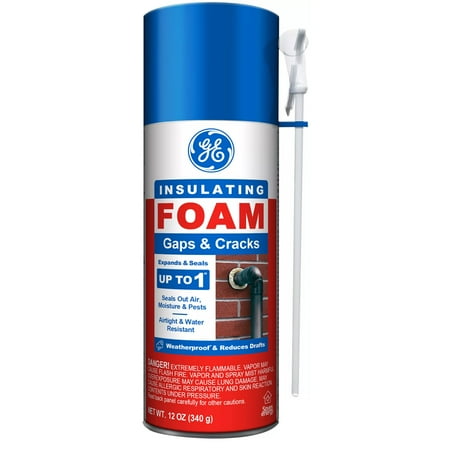
Insulating foam expands on application to fill gaps up to one inch in size, preventing air transfer for a warmer home.
FAQs
Is it worth having the heating on for one hour?
Generally speaking, leaving the heating on for one hour is not worth it. One hour is usually not long enough to make much of a difference to the ambient air though small studios and apartments might feel some benefit, whereas a four-bedroom house might not. It is more efficient to turn it on when you need it and let it run for a few hours to heat the space through before turning it off when you feel warm and comfortable.
When trying to save money on energy bills, it is worth checking out the potential things that make your heating system work harder. This can help you improve efficiency and warm up your space more quickly, lowering bills, wastage, and the time spent shivering.
Don't forget to tackle these germ hot spots before turning your heating on, too, to prevent spreading dust, dirt and allergens around your home.

Chiana has been at Homes & Gardens for two years and is our resident 'queen' of non-toxic living. She spends most of her time producing content for the Solved section of the website, helping readers get the most out of their homes through clever decluttering, cleaning, and tidying tips. She was named one of Fixr's top home improvement journalists in 2024.